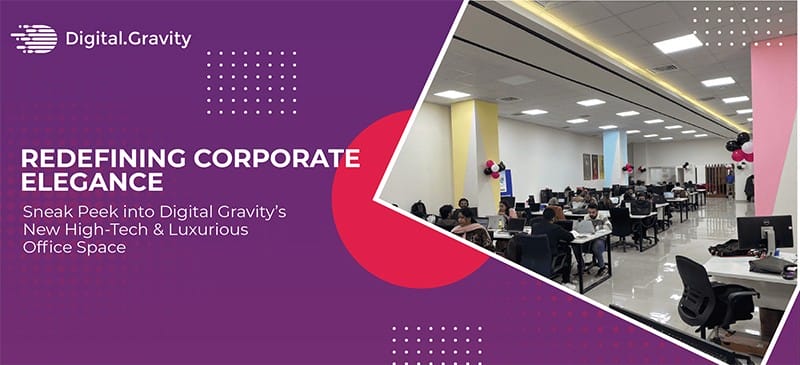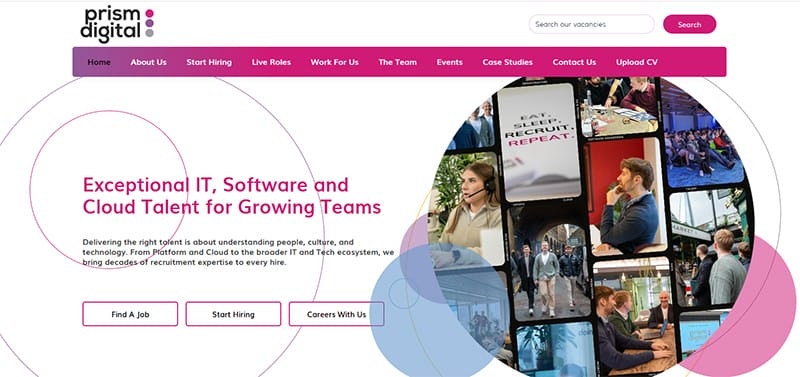Dubai is one of the fastest-growing business hubs in the world. Every month, hundreds of new startups launch in the city, tech companies, real estate projects, retail brands, online stores, restaurants, and more. With this huge competition, strong visual branding is not just helpful; it is essential. Startups need professional design work that communicates their identity, builds trust, and attracts customers from the very first day.
But choosing the right design partner can feel overwhelming, especially when there are so many agencies in the city. To help you make a smart decision, here is a simple and easy-to-read guide to the top 10 graphic design agencies in Dubai that are perfect for startups. These agencies offer creativity, quality, and flexible solutions designed to support new businesses.
Why Good Graphic Design Matters for Startups in Dubai?
Before we explore the list, it’s important to understand why design is so important for startups.

A strong visual identity helps a startup:
- Make a memorable first impression
- Stand out in a competitive market
- Build trust with customers
- Look professional and reliable
- Communicate their message clearly
- Improve their online and offline presence
Whether it’s a logo, brochure, website graphics, product packaging, or social media designs, startups need consistency and clarity. Many small businesses choose a Graphic Design Company In Dubai for this reason, they want local experience, modern creativity, and an understanding of the UAE market.
Top 10 Graphic Design Agencies in Dubai for Startups
Below is a carefully selected list of agencies that offer creativity, quality, and startup-friendly solutions.
1. RedSpider Web & Art Design
RedSpider is known for its clean, modern, and business-focused design style. Startups appreciate their ability to translate ideas into visuals that speak directly to the audience. They specialize in logo creation, brochures, social media branding, website design elements, and full brand identity systems.

Why they are great for startups:
- Affordable packages
- Quick project delivery
- Strong UAE market experience
- Clear communication
- Custom solutions for new brands
Their designs are simple, professional, and built to impress.
3. Digital Gravity
Digital Gravity focuses on brand identity and digital design. They provide high-quality concepts that help startups build a strong reputation. Their team includes branding specialists, graphic designers, and UI/UX experts.

Their strengths:
- Strong brand strategy
- Polished design styles
- Great for tech and service-based startups
- Full digital support (apps, websites, branding)
They help new businesses look sharp and modern.
3. Emirates Graphics
This agency is well-known for creating bold visuals and energetic brand designs. They work with many sectors including food, fashion, real estate, hospitality, and technology.
What startups love:
- Creative & trendy designs
- Social media and digital branding
- Clean, bold logos
- Strong storytelling through visuals
Their team is especially good for companies that want a youthful, trendy, and eye-catching identity.
4. Branex Dubai
Branex offers creative design and branding with a strong focus on user experience and clarity. They support startups with everything from logo creation to full brand guidelines.

Good for startups because:
- They understand new business needs
- They offer flexible pricing
- They create detailed branding concepts
- They support both digital and print designs
Their work is clean, modern, and professional.
5. Gligx
Gligx is a boutique design agency that focuses heavily on custom-design work. They create thoughtful branding that reflects a company’s mission and personality.

Why startup founders choose them:
- Personalized attention
- Smooth creative process
- Simple, modern design style
- Great for corporate and professional brands
If a startup wants minimal and elegant design, this agency is a strong choice.
6. Prism Digital
Prism offers complete graphic design and marketing solutions. They are known for their bold creativity and ability to produce visually powerful content.

Perfect for startups because:
- They produce strong advertising visuals
- Their branding concepts are modern
- They offer packaging design, brochures, and brand identity
- They combine marketing with design for better outreach
Startups that plan to scale quickly will benefit from their approach.
7. Zentroa Technologies
Zentroa offers design and branding services tailored for small and medium businesses. Their team delivers clear, simple, and functional designs that suit new brands.

Why they stand out:
- Affordable pricing
- Clean and minimal design style
- Fast project turnaround
- Good for eCommerce and digital startups
Their designs balance beauty and usability.
8. RBBI (Red Blue Blur Ideas)
RBBi is known for design thinking and user-centered design. They offer high-quality branding work with an emphasis on clarity and functionality.

Ideal for startups that need:
- Corporate branding
- Website UI/UX design
- App interface design
- Strong visual identity systems
Their work is structured, detailed, and focused on long-term branding success.
9. Infini Concepts
This agency is popular for luxury, hospitality, and lifestyle branding. They have a refined design style that fits brands wanting a premium look.

Why startups choose them:
- Stylish and elegant design approach
- Great for fashion, hospitality, food, and real estate
- Strong visual storytelling
- Professional and polished branding packages
Startups that want a premium, upscale brand identity often choose this company.
10. Brand Stallion
Brand Stallion focuses on digital design, branding, and social media creatives. They help startups create visually strong identities across online platforms.

Key advantages:
- Social media branding and templates
- Young and creative design team
- Startup-friendly pricing
- Quick execution and delivery
They are ideal for modern businesses that rely on digital presence.
How to Choose the Right Graphic Design Agency for Your Startup?
Selecting a design partner is an important decision. The right agency will help shape how your audience sees your brand from day one.
Here are simple things to consider:
Look at Their Portfolio
A portfolio shows the agency’s design style, creativity level, and attention to detail. Check if their past work matches the style you want.
Check Their Experience with Startups
Designing for startups is different from designing for large companies. Startups often need:
- Fast turnaround
- Affordable pricing
- Flexible packages
- Simple brand guidelines
- Scalable design systems
Choose an agency that understands these needs.
Evaluate Their Communication
Design only works well when the agency understands your idea. Look for a team that listens, asks questions, and communicates clearly.
Understand Their Process
A professional Graphic Design agency in dubai will follow a clear process:
- Research
- Brainstorming
- Sketch ideas
- Branding direction
- Final design
- Revisions
- Delivery
A clear process ensures smooth and fast results.
Consider Your Budget
Startups must manage money carefully. Not all agencies cost the same. Choose a partner who gives value, not just the lowest price.
Look for Long-Term Support
Branding doesn’t end with just a logo. You may need:
- Social media graphics
- Brochures
- Business cards
- Packaging design
- Website banners
- Pitch deck design
It’s smart to choose an agency that provides complete Graphic Design Services so you don’t have to keep switching teams.
Why Startups in Dubai Need Professional Graphic Design
Dubai’s audience is visually aware and brand-conscious. Whether your startup is in real estate, technology, food, retail, health, or fashion, professional design helps you:
- Look trustworthy
- Attract investors
- Stand out online
- Improve customer confidence
- Communicate your message clearly
Bad design creates confusion and makes a business look unprofessional. Good design feels trustworthy, polished, and memorable.
Final Thoughts
Choosing the right graphic design agency can make a huge difference in how your startup grows. The agencies listed above are known for creativity, quality, and startup-friendly services. Each one offers something unique, modern design, branding strategy, elegant visuals, or fast execution.
Take time to explore their portfolios, compare their strengths, and choose a partner who fits your brand vision. With the right creative team, your startup can build a strong identity that stands out in Dubai’s competitive market and leaves a lasting impression on customers.




